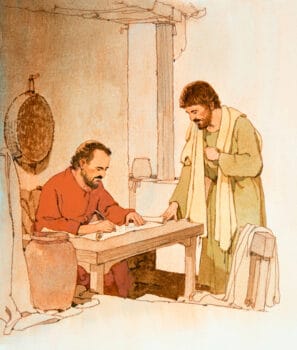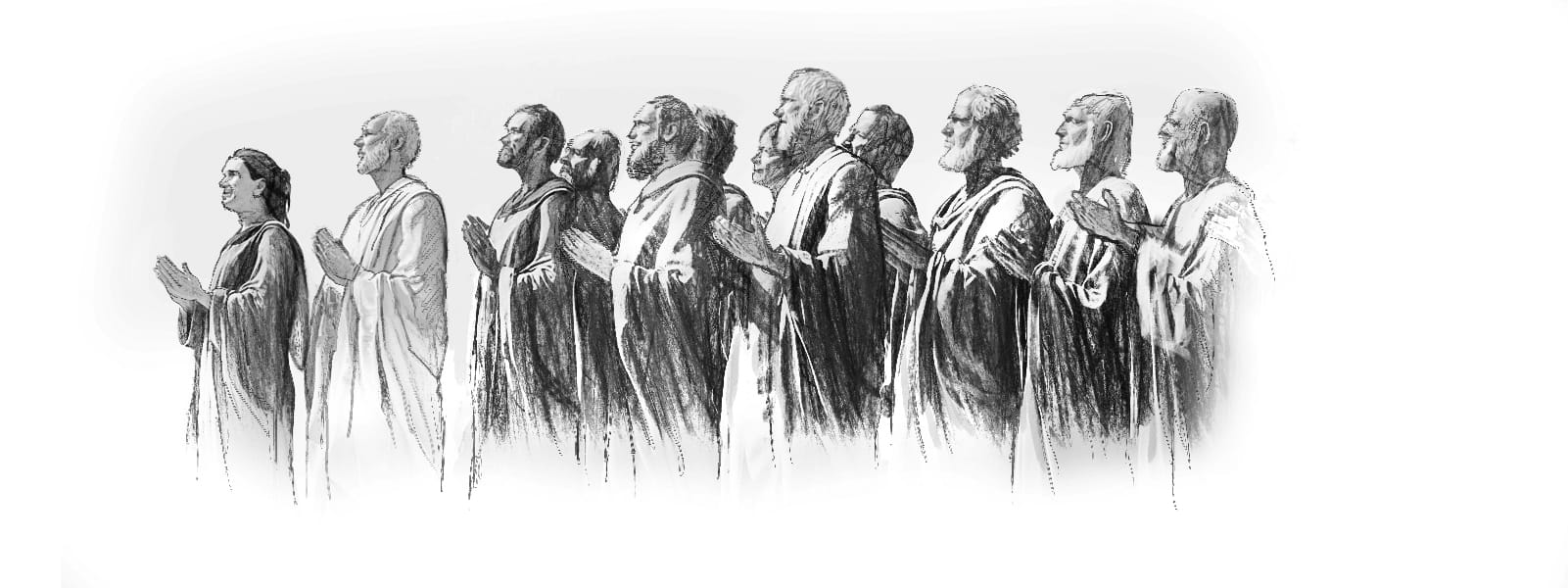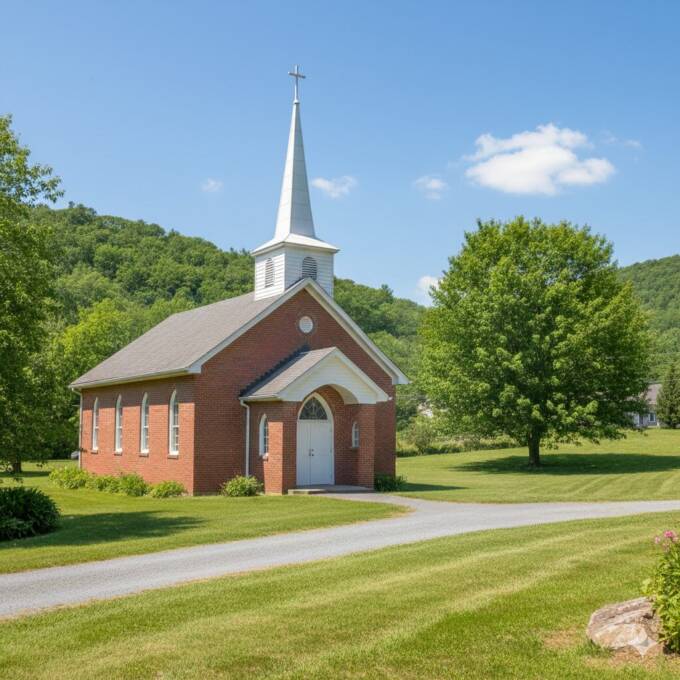Daily Lesson for Sunday 4th of January 2026
Read Philippians 1:3-8. What is Paul thankful for? What reassurances does he give the Philippians, and why is that important?
Paul established the church in Philippi; thus, we can see the warmth of Christian fellowship pervading his letter. Though separated by hundreds of miles, Paul, chained and imprisoned, carries the church and its members on his heart; he longs for them “with the affection of Jesus Christ” (Philippians 1:8, NKJV); he gives thanks to God for them. Paul’s prayer of thanksgiving even gives a glimpse of Jesus’ intercession for us in heaven.
On the high priest’s breastplate were 12 stones representing the 12 tribes of Israel. The people were to be “on his heart” as he interceded for them (Exodus 28:29, ESV). In an even greater way, as our High Priest in the heavenly sanctuary, Jesus carries the names of His people with Him before the Father.
Interestingly, the wording of Philippians 1:3 is ambiguous, underscoring the close relationship between Paul and the Philippians. It’s usually translated that Paul remembers them in prayer, but it could also refer to their remembrance of him. In any case, it underscores the close mutuality they share, which the word “fellowship” (Greek: koinonia) also underscores. As Paul had fellowship in Christ’s sufferings (Philippians 3:10), the Philippians “shared” (Greek: sunkoinōneō) in Paul’s sufferings and shared financially to support Paul’s ministry (Philippians 4:14-15). This mutuality, which was “from the first day until now” (Philippians 1:5), leads him to thank God for them and to pray for them “with joy” (Philippians 1:4).
Interestingly, Paul describes his prison setting quite positively—as providing opportunity for “the defense and confirmation of the gospel” (Philippians 1:7, NKJV). His use of these two legal terms suggests his trial is imminent, but also that Paul is actively engaging soldiers and visitors with the gospel. Defending it (Greek apologia) against attacks and confirming its eternal verities are both essential. Paul seems to care less about his own future than about vindication of the gospel itself. Whether he lives or dies, Paul is confident that God will finish the “good work” He has begun in all who trust in Him (Philippians 1:6).
|
How do you understand the promise that God will finish the “good work in you” (Philippians 1:6)? What does that mean? Will this work ever end before the Second Coming? |




